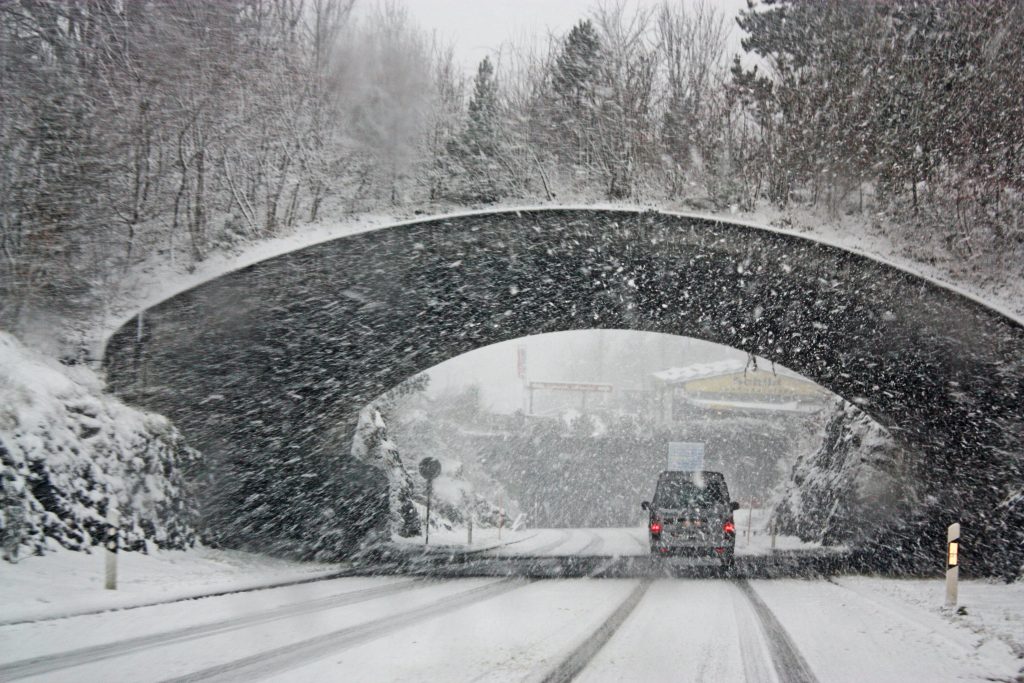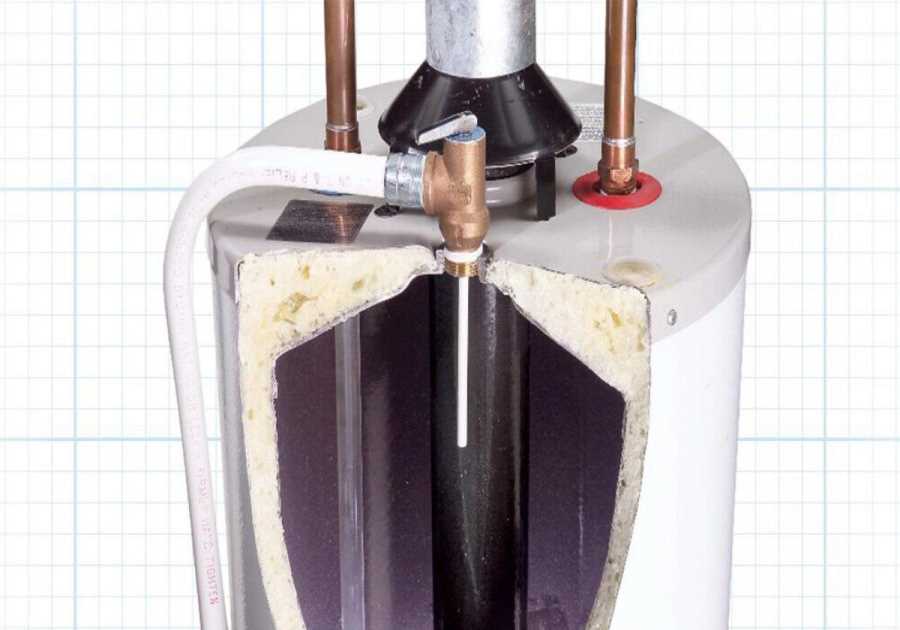
As the frost paints your windows with icy patterns and the cold air bites at every breath, the temptation to leave your car engine running while it warms up seems like a cozy respite from the winter chill. Yet, before you turn that key and leave it idling, consider the advice from 123.ie, which strongly advises against leaving your car running while parked. The reasons, ranging from environmental to economic, paint a compelling picture as to why this winter habit could be more harmful than helpful.
A Breath of Fresh Air
On a quiet, frosty morning, the last thing you’d want is to contribute to air pollution. Yet, that’s exactly what happens when we leave our engines running in the cold. The emissions from our cars include carbon monoxide—a silent but dangerous gas that can cause headaches, dizziness, and in severe cases, more significant health issues like heart disease.
Then there’s nitrogen oxides and particulate matter, culprits behind smog and acid rain, not to mention respiratory problems. By simply choosing to turn off your engine, you’re not only protecting the air we all share but safeguarding our health and the planet for future generations.
Warming the World, One Idle at a Time
It’s not just about the air; it’s about our climate. Idling cars release greenhouse gasses, contributing to a warmer planet. This global warming can lead to devastating effects: rising sea levels, extreme weather, and disrupted ecosystems.
By switching off your engine, you’re playing a part in combating climate change, proving that small actions can have a big impact. 123.ie advises against leaving your car running while parked, not just as a way to save on fuel or avoid a fine, but as a step towards a healthier, safer environment.

The Hidden Costs of Comfort
Turning your engine on and leaving it to idle might seem like it’s giving your car a gentle warm-up, but it’s actually causing unnecessary wear and tear. Cold weather thickens oil, making it harder for your engine to operate smoothly.
This increased friction can lead to engine damage and a hefty repair bill down the line. Moreover, the myth that cars need to idle in the cold to function properly is just that—a myth. Modern engines are designed to warm up more efficiently while driving.
📖 Recommended Reading: If you’re looking for more useful information, check out Top 3 Road Trip Tips for Driving In Inclement Weather Conditions
Safety First
Imagine stepping out into the cold to let your car warm up, only to find it gone. A running, unattended car is an open invitation to thieves.
Beyond the risk of theft, idling cars can also lead to reduced visibility due to fogged-up windows, posing a danger to everyone around. Keeping your engine off when you’re not in the car is a simple way to keep your vehicle, and everyone around it, safe.
The Law is Clear
Many places have laws against unnecessary idling, with fines that can put a dent in your wallet. These laws aim to reduce pollution and protect public health. Ignoring them not only hits you financially but also contributes to environmental harm.
Counting the Cost
Beyond the environmental and legal implications, idling in the cold burns through more fuel than you might realize, wasting money and contributing to unnecessary emissions. The costs of idling extend beyond just fuel consumption; they include the environmental toll and potential vehicle maintenance from prolonged engine wear.
Smarter Solutions
Instead of idling, consider alternatives like remote starters or cabin heaters. These allow you to warm up your car without leaving the engine running, offering a convenient, safe, and environmentally friendly option.

Community and Connection: The Ripple Effect of Our Choices
The choices we make, especially in the solitude of a cold winter’s morning, may seem inconsequential, yet they ripple outwards, touching the lives of those around us and the world at large. The decision to avoid leaving your car engine running is more than an environmental or economic action; it’s a gesture of community and connection.
Every puff of exhaust from an idling car adds to the pollution our neighbors breathe, the smog that clouds our cities, and the greenhouse gasses enveloping our planet. When we choose to reduce idling, we contribute to cleaner air in our neighborhoods, creating a healthier environment for children playing outside, for the elderly taking their morning walks, and for all of us who call this planet home.
Moreover, by adhering to local idling laws and showing respect for community guidelines, we strengthen the bonds that hold our society together. It’s a demonstration of mutual respect and care for the well-being of others, fostering a sense of belonging and shared responsibility.
The Bottom Line
In making these mindful choices, we inspire others to do the same, creating a collective movement towards a more sustainable and considerate way of living. Our actions become a catalyst for change, proving that each of us has the power to make a difference. In the grand tapestry of life, every thread counts, and the way we choose to warm up our cars is one such thread, intertwined with the health of our communities and the vitality of our planet.
Together, by embracing efficiency and fostering a spirit of community, we can turn the tide, one idling engine at a time, towards a future where the air is cleaner, our communities are healthier, and our connection to this Earth is stronger than ever.
Disclosure: This blog post may contain affiliate links, which means that I may receive a commission for any purchases made through the links. Your trust is important to us, and we ensure that all products or services we recommend meet or exceed our editorial standards.
Last Updated on January 31, 2024
The post Why You Shouldn’t Leave Your Engine Running in Frosty Weather appeared first on Travel Experta - Travel, Lifestyle, Freedom.
----------------------------------------------------------------------------------------
Title: Why You Shouldn’t Leave Your Engine Running in Frosty Weather
Sourced From: travelexperta.com/why-you-shouldnt-leave-your-engine-running-in-frosty-weather/
Published Date: Wed, 31 Jan 2024 18:49:59 +0000






